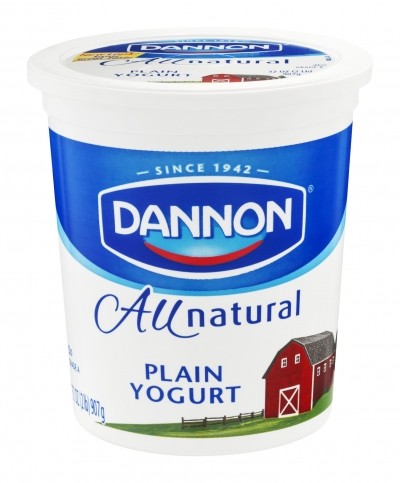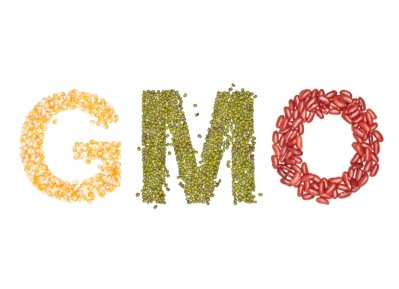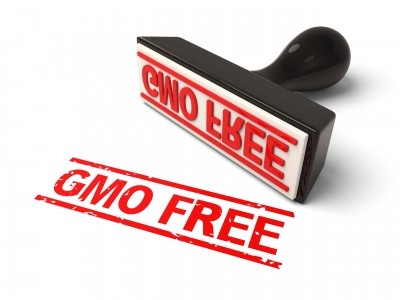US GMO labeling bill gathers momentum for vote

The bill has passed a cloture vote for introduction Wednesday. It could possibly return for a vote on Friday, said Randy Gordon, president of the National Grain and Feed Association (NGFA).
“We’re cautiously optimistic about the bill,” he told FeedNavigator. “Last week there was a test vote [in the Senate] that was approved and that was encouraging – there appears to be enough to bring it to the floor and that vote is expected to go to the floor on Friday if all goes well.”
The bill has been a matter of priority for feed organizations including the NGFA and American Feed and Industry Association (AFIA) because it addresses the labeling of animal feed and products from animals that eat feed that includes biotech or genetically modified (GMO) ingredients.
Additionally, a mandatory labeling law in Vermont took effect July 1. That bill had generated a push for a federal law to preempt a “hodgepodge” of state-level that could have been confusing or included differing standards, said Gordon.
“We think the argument is that it’s either the Senate bill or the Vermont law, and the Senate bill is much better bill for the supply chain of both feed and food going forward,” he said.
Feed sector response
The organization would have preferred a bill pass that made labeling of products voluntary, said Gordon. But the current bill brought forward by ranking members of the Senate Committee on Agriculture, Nutrition and Forestry Sens. Pat Roberts (R-Kansas) and Debbie Stabenow (D-Michigan) is a workable compromise.
They reached “what we think is a pretty good outcome that respects [those who want to know] what is in their food and those who don’t want to see unnecessary alarm and confusion raised about the safety and sustainability about feed with genetically modified organisms,” he said.
The bill includes a provision exempting the labeling of animal feed, or products coming from animals eating a diet that includes biotech ingredients from being labeled as biotech, he said. There is no evidence that use of a biotech strain of corn or soybeans leads to transgenic material being present in animals that eat them, he added.
Another concern about labeling requirements was that they could lead to confusion for consumers or the implication that products including biotech ingredients were not as safe as others, said Gordon.
Passage of the bill also would offer some stability to the supply chain, he said. “It lets us show there is federal preemption in this place now so that food manufactures and feed manufactures, so that they can go back to what they do best producing safe and reliable food, rather than worrying about what they have to work around,” he added.
Next steps
If the bill passes the Senate, the next challenge would be to have the US House of Representatives take up the same version of the bill, said Gordon. The House had previously passed a different measure addressing the topic that favored voluntary rather than mandatory labeling.
The organization is planning to speak with members of House committees that could be involved in the bill’s movement, he said.
“The mandatory labeling was not the House’s first choice or ours, but between what we think is a workable labeling approach that preserves the efficiency of the supply chain or the Vermont law that we think would have disastrous outcome- that’s what the choice is now,” Gordon said. “It’s really the choice between the Senate bill and the Vermont statute.”
GMO feed crops
The concern about labeling of either animal feed, or products like eggs, milk or meat produced by animals eating a feed comprised or, or containing, genetically engineered ingredients has been another facet of the GMO labeling discussion.
One reason for that is the amount of feed crops that are strains created with biotechnology, said Gordon. “The vast majority of animal feed does contain some amount of GMO ingredient,” he added.
In the US for 2016 examination of 85% of the all corn planted acres found that about 92% were planted with transgenic crops, said the US Department of Agriculture (USDA) in last week's Acreage report. The amount is on par with last year’s amount, although there was slight fluctuation by state in the amount planted.
Of those types the majority, about 76%, have been designed to have stacked genes and be resistant to herbicide and insects, the agency said.
In soybeans, for about 87% of all planted acres, 94% are a transgenic variety, said the agency. Again the overall percentage planted remained the same year to year.












